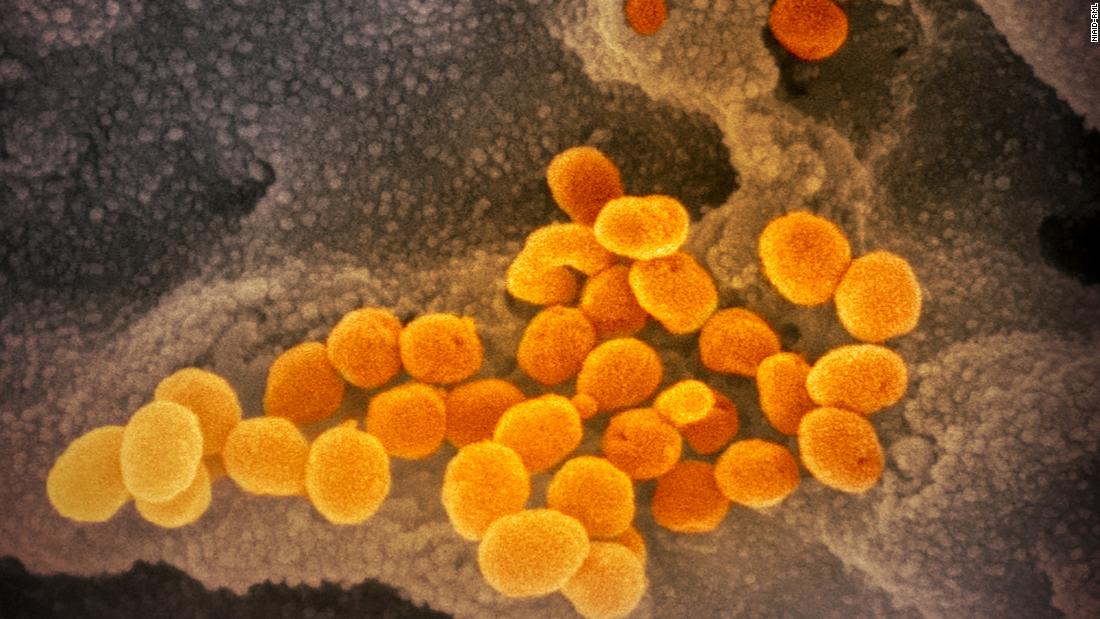Starting next Monday, people in the German state of Bavaria will be required to wear an “FFP2” mask on public transport and while shopping.
The FFP2 filtering mask is standardized in Europe. It differs from surgical masks in that it usually has four layers and is meant to provide a high degree of protection. FFP2 masks are often used in construction, agriculture and by healthcare workers. An equivalent is the N95 mask.
“We want to make everyday life safer,” Bavarian Prime Minister Markus Söder said Tuesday. The southern German state, which borders Switzerland and Austria, is especially hard-hit by the virus.
The Covid-19 situation in Germany remains serious. Last week, Germany’s government announced an extension of the country’s national lockdown until the end of the month and will further tighten restrictions on movement and contact in order to curb the spread of the virus.
“It is not said that the tighter lockdown by the end of January has pushed Covid-19 back so far that we can relax again,” said vice chancellor and finance minister Olaf Scholz in an interview with Neue Osnabruecker Zeitung newspaper. “Anyone who promises that now is acting recklessly and destroying trust.”
South Africa variant: Meanwhile, the southwest state of Baden-Wuerttemberg announced Tuesday that it had identified its first cases of the coronavirus variant first spotted in South Africa, according to the Ministry of Social Affairs.
“These persons are all in surveillance, so we do not assume that beyond that, we have more infections,” Stefan Brockmann, Health Ministry spokesman in Baden-Wuerttemberg, said in an interview on public broadcaster SWR.
New cases: On Wednesday, the national agency for disease control and prevention, the Robert Koch Institute, reported 19,600 Covid-19 cases, bringing the total to 1,953,426.
The death toll increased by 1,060, and now stands at 42,637.

